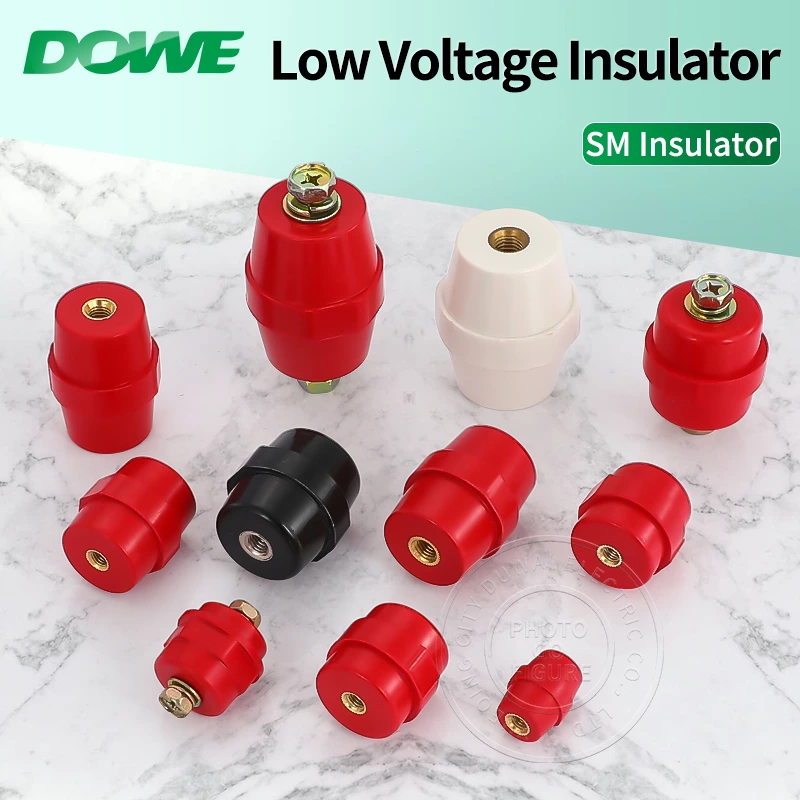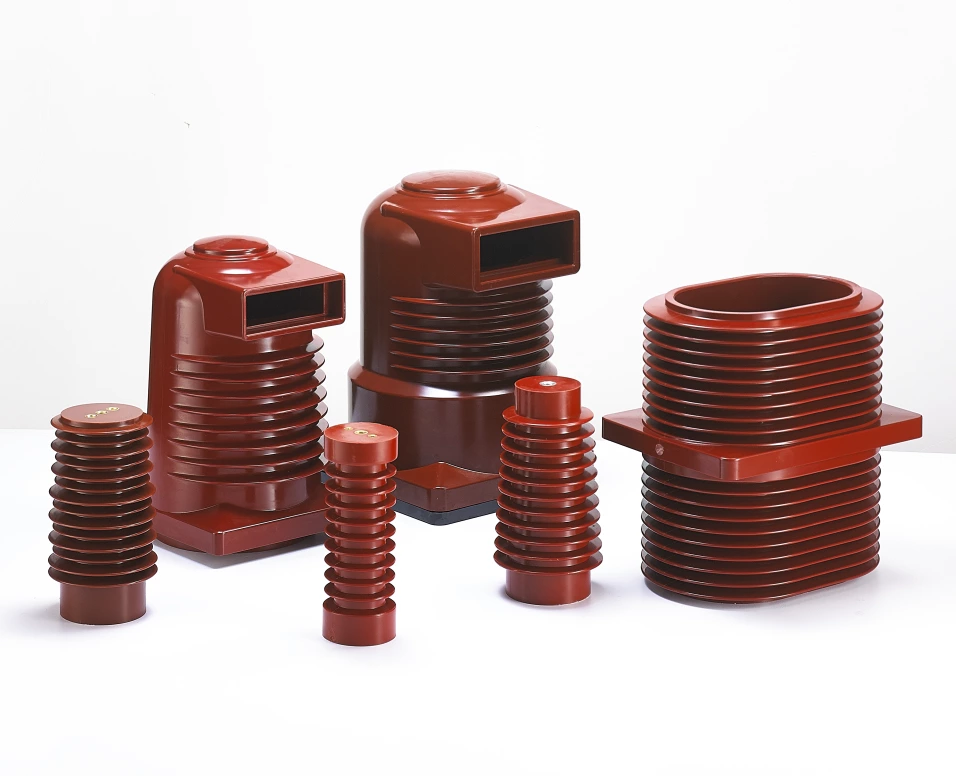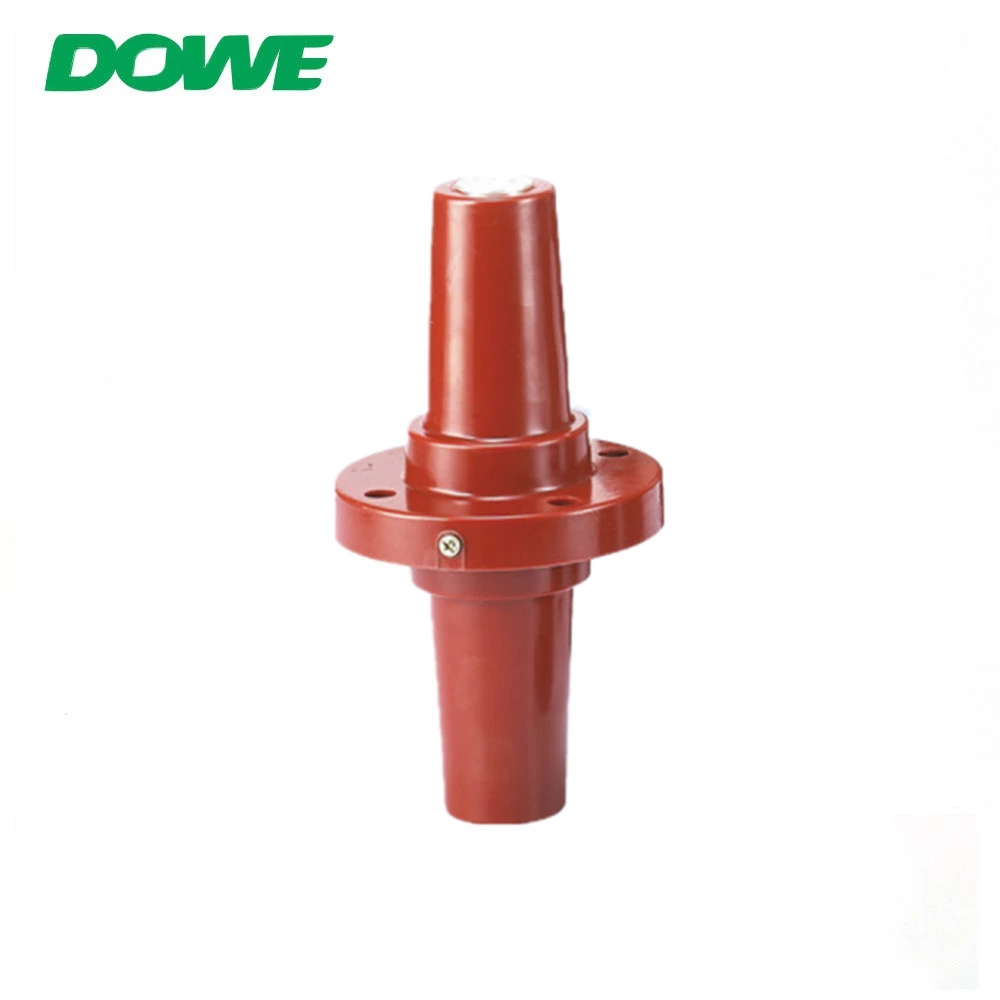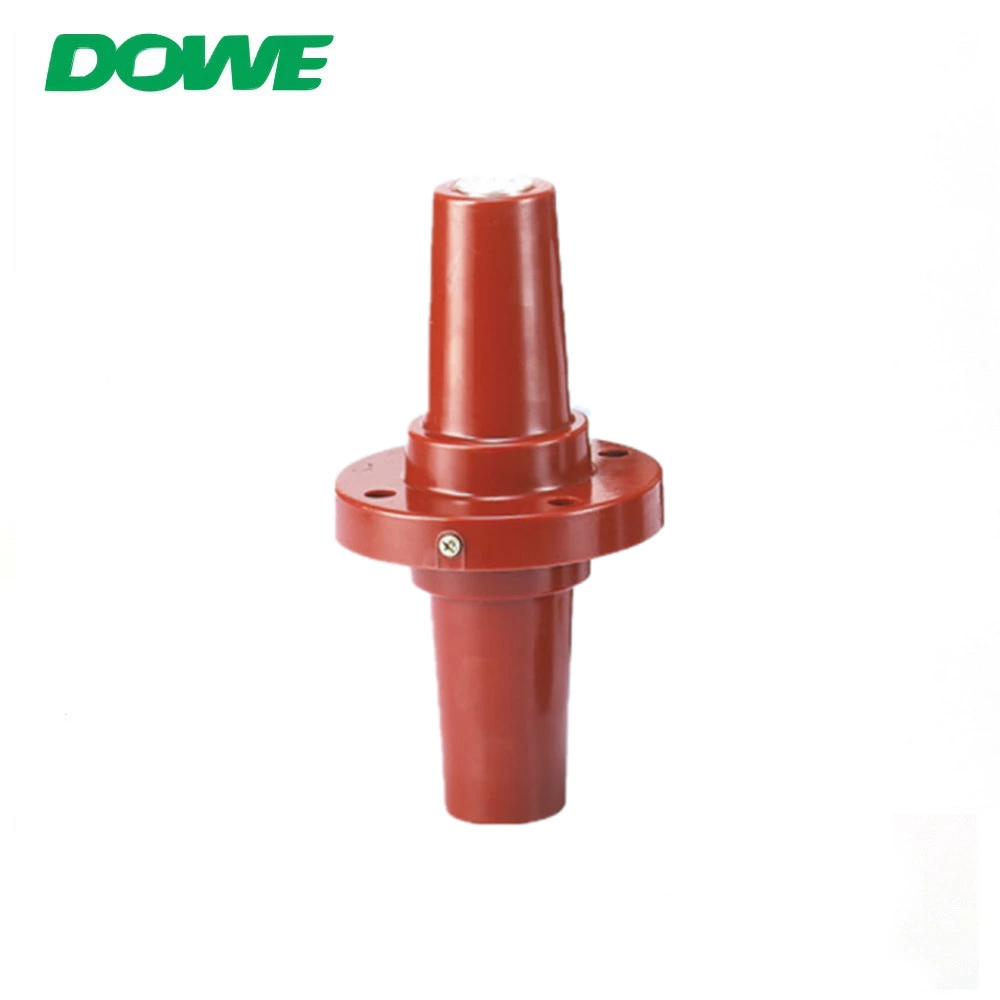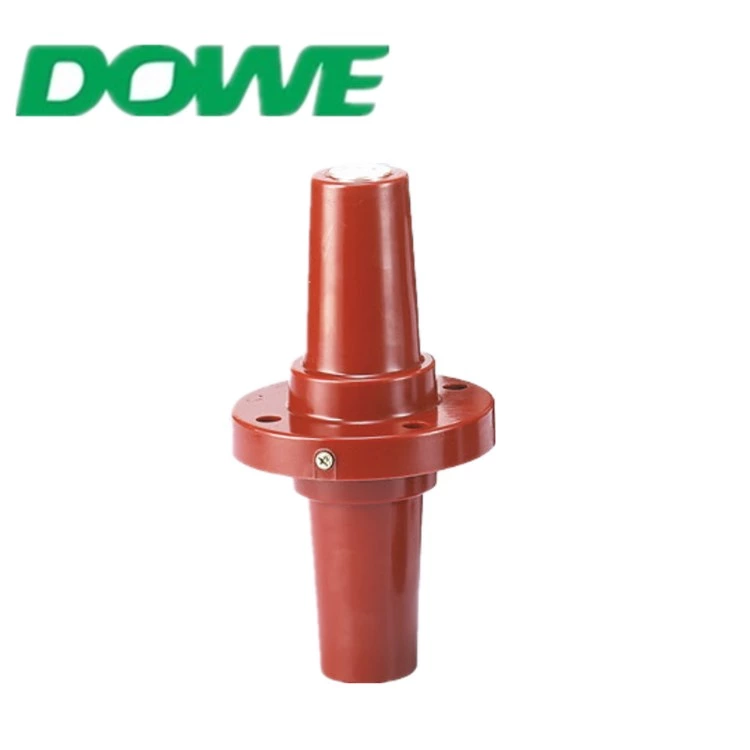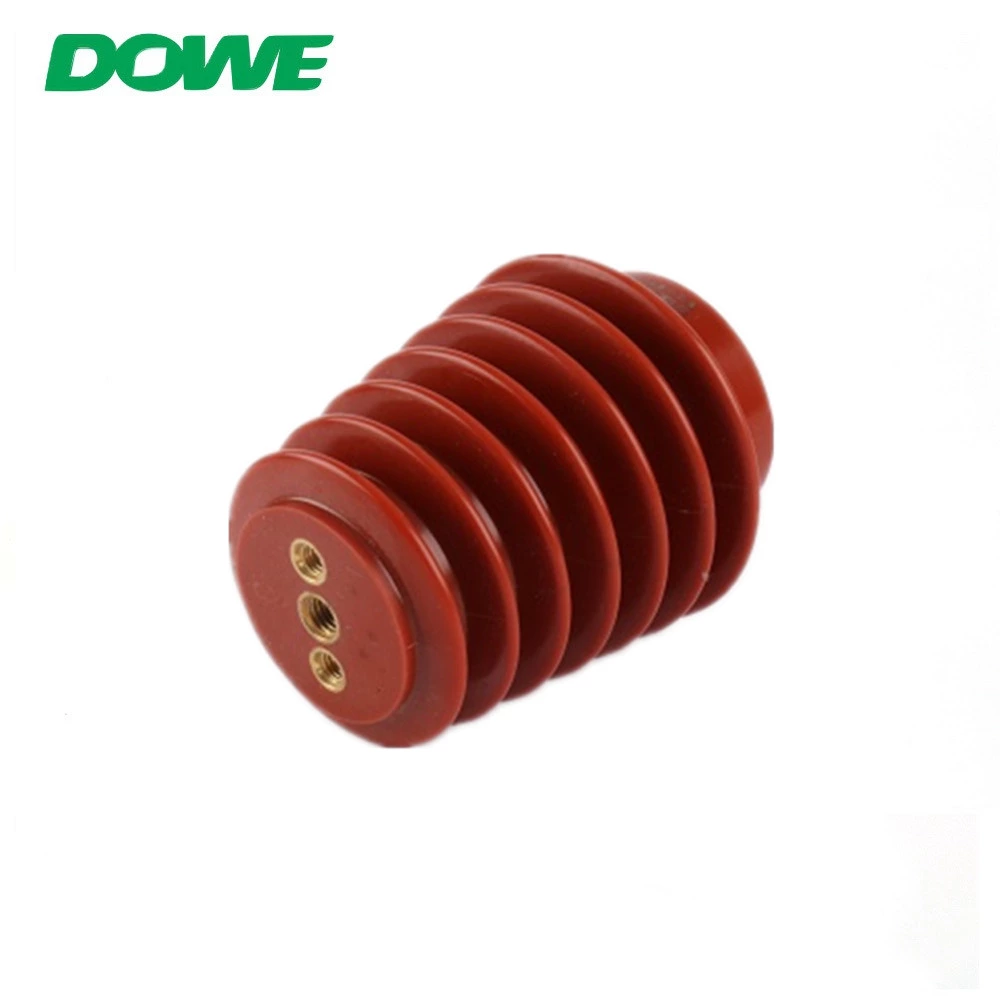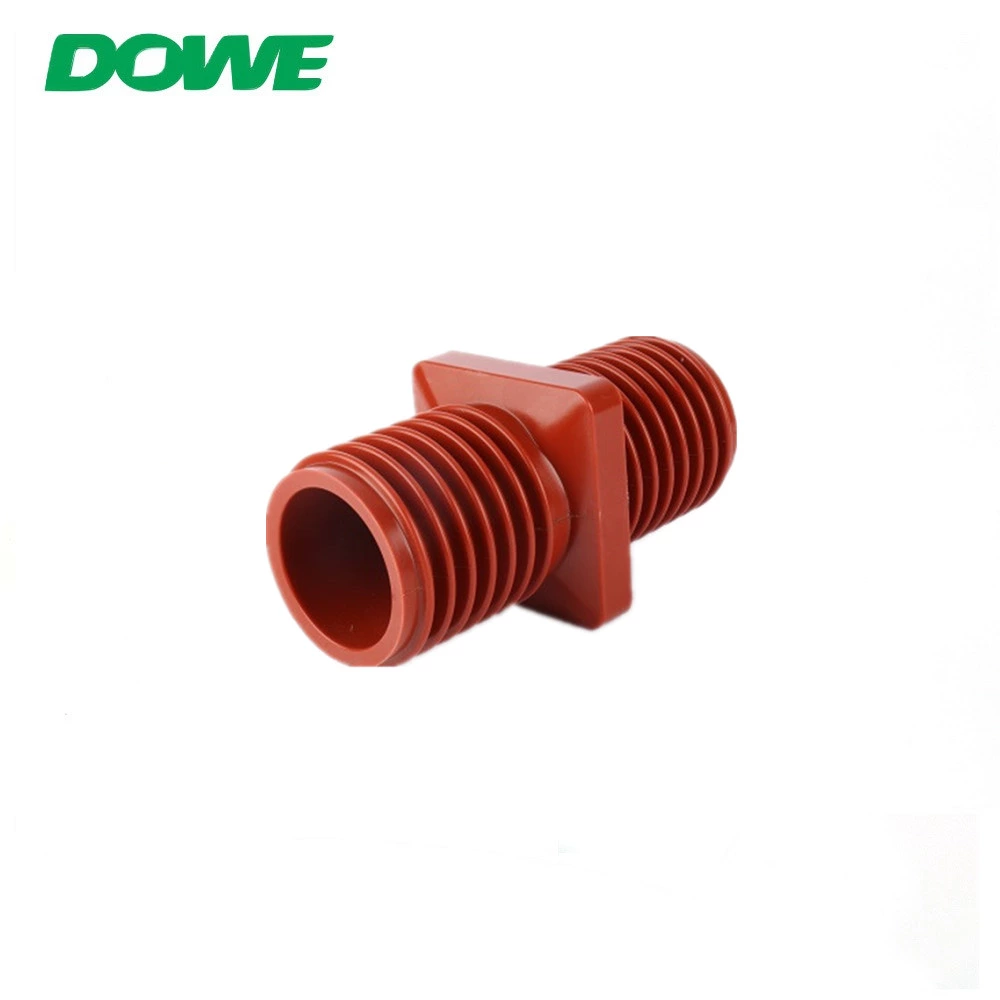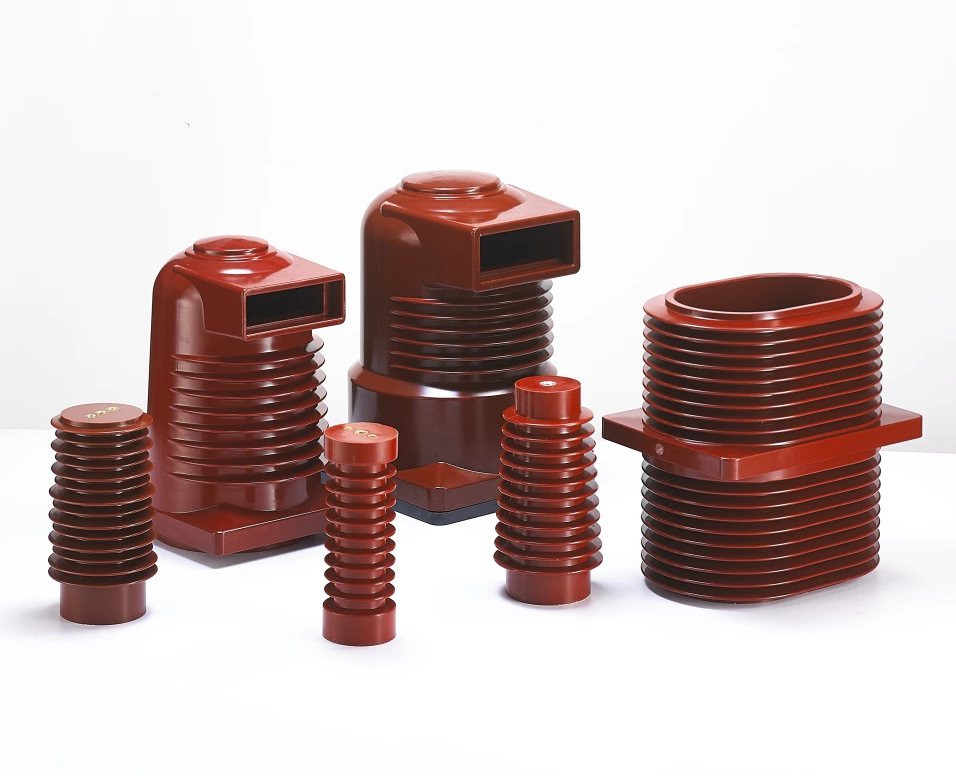What Are the Most Common Issues with Busbar Support Insulators and How to Avoid Them?

Busbar support insulators1 are vital components in ensuring the safe and efficient functioning of electrical systems. However, there are several common issues that can compromise their performance. Let’s explore these issues and how to avoid them.
The most common issues with busbar support insulators include improper installation2, material defects3, and environmental factors4. These problems can lead to failures and costly repairs if not addressed early.
In this post, I’ll take you through the key problems and offer actionable solutions to ensure your busbar support insulators perform optimally for years to come.
[Table of contents]
- What Are the Most Common Issues with Busbar Support Insulators?
- How Do Material Defects Affect Busbar Insulators?
- What Role Does Proper Installation Play in Preventing Failures?
- How Can Environmental Conditions Impact Busbar Support Insulators?
- Conclusion
What Are the Most Common Issues with Busbar Support Insulators?
Busbar support insulators face a variety of challenges, from installation errors to external stress factors. Understanding the common problems can help you prevent major failures.
The most frequent issues with busbar insulators are poor installation, inadequate insulation material, and wear due to environmental conditions. Recognizing these issues can save you from future problems.

Installation Problems
Improper installation is one of the leading causes of busbar insulator failure. Misalignment, inadequate torque, and failure to properly seal the insulator can cause stress on the insulator, leading to cracks or electrical leakage. It’s crucial to follow manufacturer guidelines precisely during installation to avoid these problems.
Material Issues
The quality of the materials used in busbar support insulators plays a critical role in their durability. Material defects such as cracks, bubbles, or improper composition can lead to electrical failures and premature breakdowns. Always source insulators from trusted suppliers that adhere to international quality standards and ensure that materials are regularly tested.
Environmental Factors
Environmental factors are exposed to a variety of environmental stressors, including temperature fluctuations, humidity, dust, and pollution. These factors can degrade the insulator’s material, leading to cracking, brittleness, or short circuits. Regular maintenance and inspection can help identify and address wear before it becomes critical.
How Do Material Defects Affect Busbar Insulators?
Material defects in busbar support insulators can significantly reduce their lifespan and reliability. But how do these defects happen, and how can they be avoided?
Defects such as cracks, bubbles, or improper composition in insulator materials can lead to electrical failures. It's essential to choose high-quality, certified materials to prevent these issues.
Types of Material Defects
Material defects can occur during manufacturing or due to substandard materials being used. Common defects include microfractures, air bubbles trapped in the material, or inconsistent polymer mixes. These imperfections are often invisible to the naked eye, but they can weaken the insulator and lead to failure.
Prevention
To prevent material defects, it's essential to source busbar support insulators from reputable manufacturers. Ensure that all materials meet international standards, and request regular testing and certifications. Additionally, conducting regular inspections can help identify defects before they cause a significant failure.
What Role Does Proper Installation Play in Preventing Failures?
Proper installation of busbar support insulators is just as critical as choosing the right material. Even high-quality insulators can fail if not installed correctly.
Incorrect installation can lead to issues like electrical leaks, overheating, and even full system shutdowns. Ensuring correct alignment and torque is key to maximizing insulator longevity.
Common Installation Errors
Common installation errors include misalignment, improper torque settings, and inadequate sealing of the insulator. These issues can cause unnecessary stress on the insulator and lead to eventual failure. For example, insufficient torque on bolts can lead to poor contact between the insulator and busbar, causing overheating or arcing.
Best Practices
To prevent installation issues, ensure your team is well-trained and follows the manufacturer's guidelines. Use calibrated tools to measure torque, and always check for proper alignment and secure sealing before finalizing the installation. Additionally, documenting the installation process and performing routine post-installation inspections can help detect potential problems early.
How Can Environmental Conditions Impact Busbar Support Insulators?
Environmental factors, such as temperature fluctuations and humidity, can put additional strain on busbar support insulators. How do these conditions affect their performance?
Busbar insulators are subject to environmental stressors like extreme temperatures, moisture, and dust. These conditions can weaken the insulator and lead to early failure.
Impact of Extreme Weather
Extreme cold, heat, and humidity can significantly impact the material properties of busbar support insulators. In extremely cold conditions, insulators may become brittle, while excessive heat can cause them to soften and lose their insulating properties. High humidity can also lead to moisture absorption, increasing the risk of electrical leakage or corrosion.
Protective Measures
To protect insulators from environmental stress, consider using insulators that are specifically designed for extreme conditions. Regularly inspect and maintain them to ensure they remain in good condition. In areas with high humidity or pollution, consider using insulator covers or coatings to protect them from external damage.
Conclusion
To avoid common issues with busbar support insulators, focus on selecting high-quality materials, ensuring proper installation, and accounting for environmental conditions. Regular maintenance and inspections are crucial to long-term reliability.
-
Learn more about busbar support insulators and their importance in electrical systems. ↩
-
Understand the common improper installation practices and how they can lead to failures. ↩
-
Learn about different material defects that can affect busbar support insulators. ↩
-
Discover how environmental factors can compromise the performance of busbar support insulators. ↩
